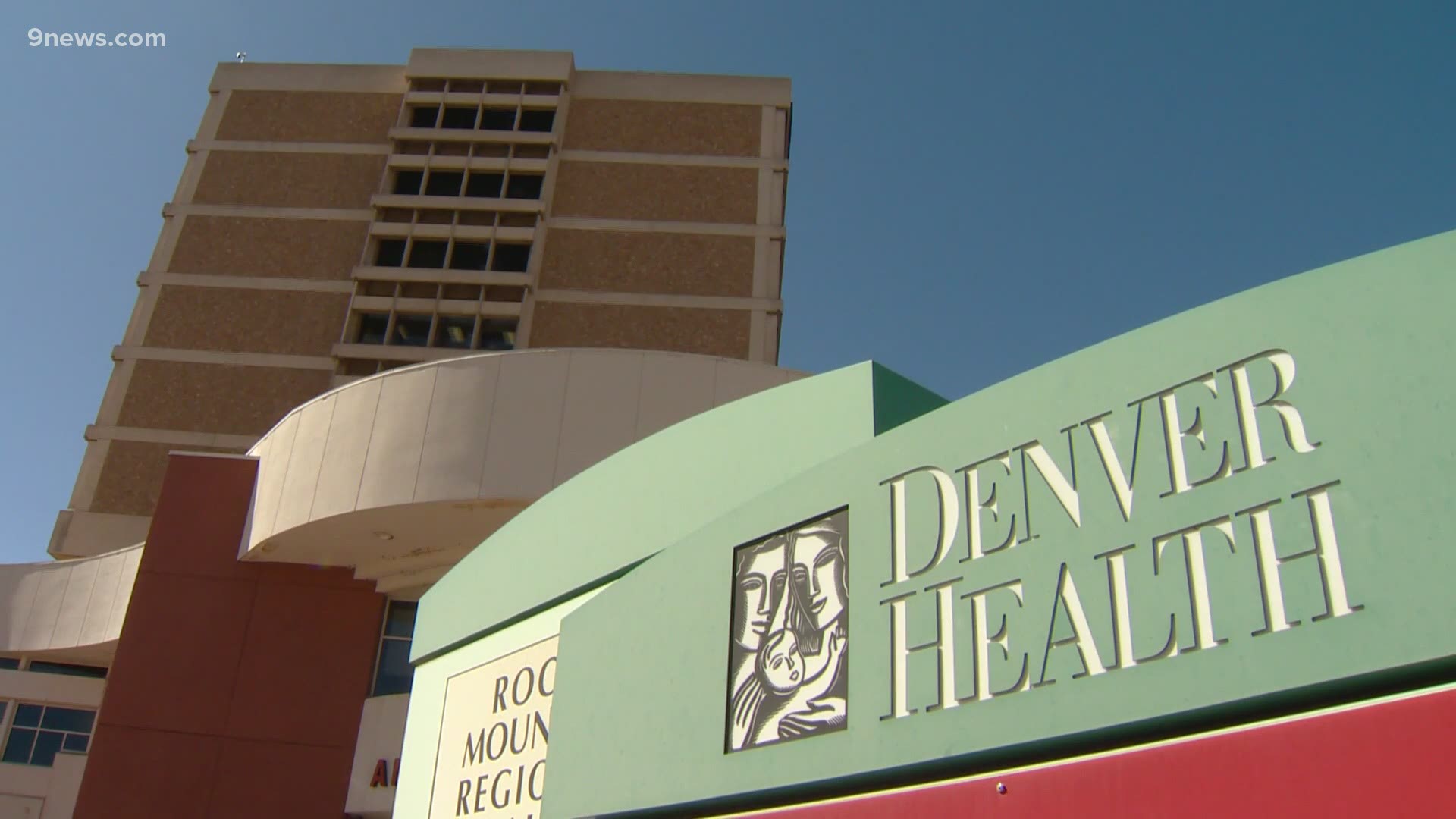DENVER — It's only the beginning of winter in Colorado, but intensive care units (ICUs) are already filling up and local hospitals are preparing for COVID-19 to get much worse.
"What is frightening to me is that the community rates continue to increase," said Dr. Connie Savor Price, chief medical officer at Denver Health. "Our surge is about two weeks behind that. So, I'm not seeing any relief anytime soon."
As of Monday, there were more than 1,000 patients hospitalized with COVID-19 in the state, filling 82% of Colorado's ICU beds.
"Right now, we are at capacity. Our ICUs are full, our hospital is full," Price said less than two weeks into November.
As a response, Denver Health has implemented its "surge plan," which includes canceling any elective surgeries to keep hospital beds open.
"We have always suspected that this virus might spread more readily in the cold temperatures and as people are indoors more," said Price. "If this coronavirus looks like other coronaviruses, we may see that. But this is our first real winter with this new virus, so we know we can only make guesses right now."
According to Price, they are better prepared now than back in April. She is less concerned with beds, ventilators and other equipment.
This time around, Price said she is worried about her staff.
"I'm worried about having to ask our staff to go beyond what they're able," she said. "We always have the ability to surge. We always have the ability to get new beds. But to extend our staff again, that's the difficulty I'm having."
To help with staffing at Denver Health, the next step would be to shut down certain clinics to bring in more staff to the hospital. As a teaching facility, Denver Health is also exploring how trainees can help with this surge.
Staffing is key, according to Price, especially because Colorado's neighboring states have been surging for quite some time.
"We've already had requests to take patients from out of state," Price said. "When we have a bed available and when there's a patient with an emergency need, we do accommodate them. The law says we have to and it is the right thing to do when a patient doesn't have another resource."
SUGGESTED VIDEOS: COVID-19 Coronavirus

